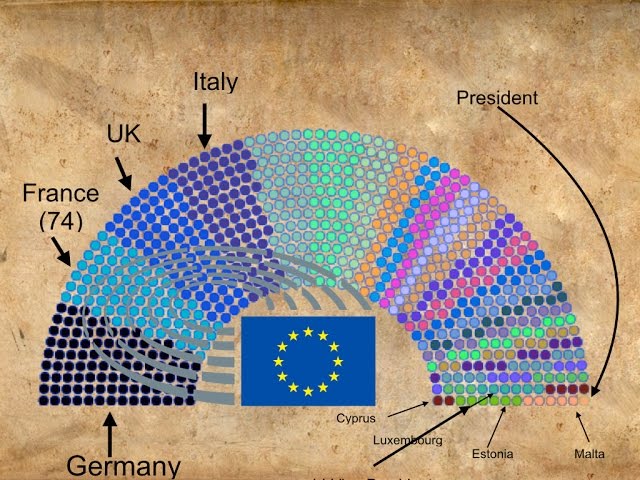The European Union Parliament is an important part of the European Union. It is the directly elected legislative body of the European Union, and it represents the citizens of the member states of the EU. The Parliament is composed of representatives from all the member states, and it is the only institution in the EU that is directly elected by the citizens of the member states. The European Parliament has the power to pass legislation in certain areas, and it has the power to approve the budget of the European Union.
History of the European Parliament
The European Parliament was first established in 1952 as the European Assembly, and it was composed of representatives from the member states of the European Coal and Steel Community. In 1979, the European Parliament was established as an elected body, and it has been an important part of the European Union ever since. Since its establishment, the European Parliament has grown in size and importance, and it now has the power to pass legislation in certain areas.
Structure of the European Parliament
The European Parliament is composed of 751 members, which are known as Members of the European Parliament (MEPs). These MEPs are elected by the citizens of the member states of the European Union, and they represent the interests of their respective countries. The MEPs are organized into political groups, which are made up of MEPs from the same political party or group of parties. These political groups work together to pass legislation in the European Parliament.
Powers of the European Parliament
The European Parliament has the power to pass legislation in certain areas, and it has the power to approve the budget of the European Union. It also has the power to approve or reject the appointment of the European Commission, which is the executive branch of the European Union. The European Parliament also has the power to approve or reject international agreements, and it can also initiate legislation in certain areas.
Legislative Process
The legislative process in the European Parliament follows a similar pattern to that of other legislative bodies. A proposal is introduced by the European Commission, and then it is discussed and voted on by the MEPs. If the proposal is approved, it is sent to the Council of the European Union, which is composed of representatives from the member states, for consideration. The Council can either approve or reject the proposal, and if it is approved, it is sent back to the European Parliament for final approval. Once it is approved by the European Parliament, it becomes law.
The Role of the European Parliament
The European Parliament plays an important role in the European Union, and it is an important part of the legislative process. The European Parliament is the only institution in the EU that is directly elected by the citizens of the member states, and it is responsible for representing the interests of the citizens of the EU. The European Parliament is also responsible for passing legislation in certain areas, and it has the power to approve the budget of the European Union. The European Parliament is an important part of the European Union, and it plays a vital role in the legislative process.
